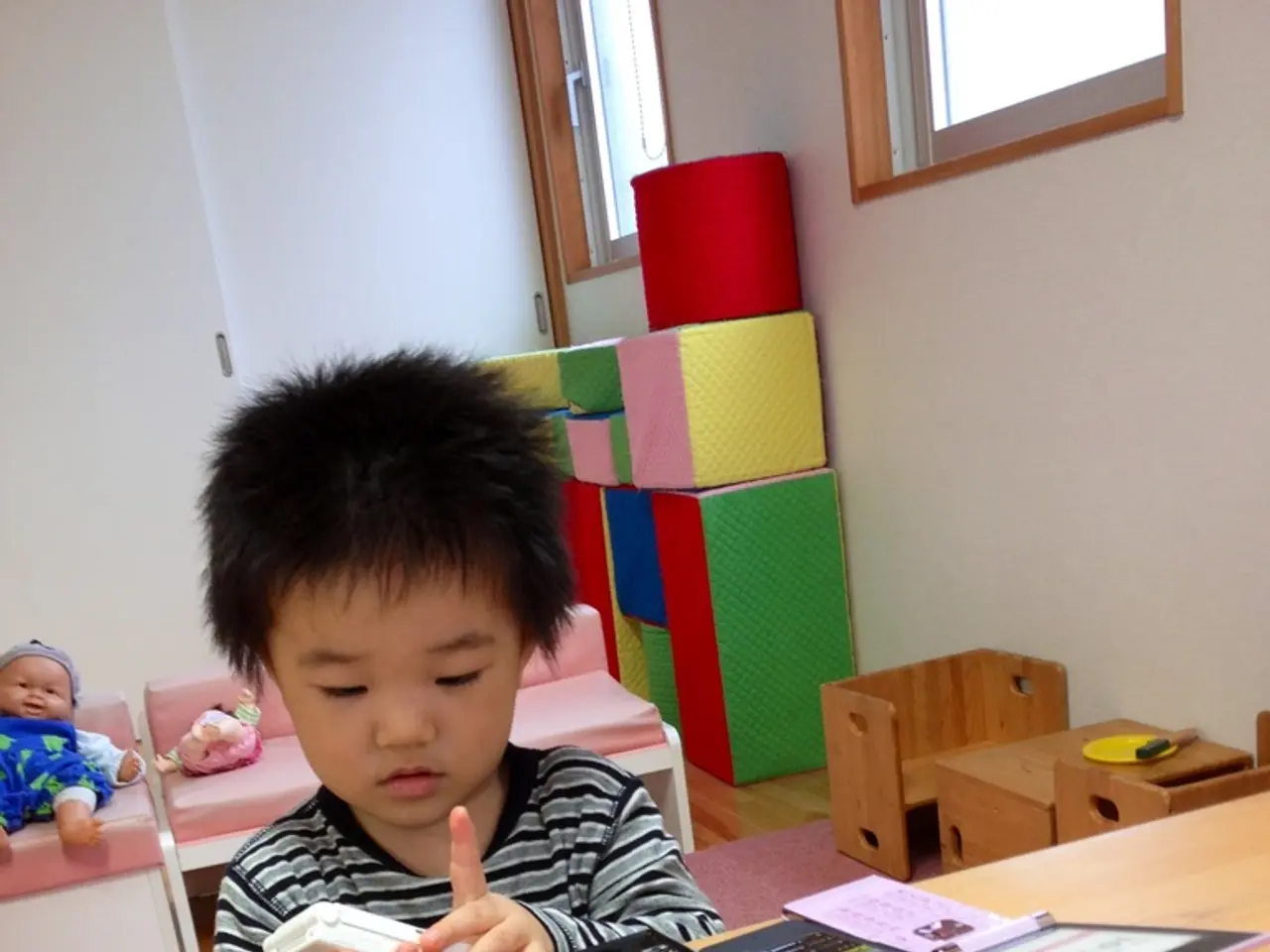Strategies for Limiting Your Child's Digital Usage
In the digital age, screen time has become a significant part of children's lives. However, maintaining a balance is essential for their overall development. Parents can effectively reduce their child’s screen time in fun and supportive ways by establishing screen-free zones and times, using positive reinforcement with enjoyable alternative activities, and modeling balanced screen habits themselves.
One approach is to co-create a daily rhythm or visible agreement with the child that integrates screen time as part of a healthy routine alongside chores, physical activity, and social interaction. Setting clear but flexible limits, such as no screens during meals and at least one hour before bedtime, helps establish predictable boundaries while allowing some autonomy. Screens out of bedrooms support better sleep and reduce nighttime disruptions.
Using positive reinforcement, such as rewards linked to screen-free goals, encourages motivation without solely focusing on restrictions. Modeling mindful tech use by parents, including limiting their own device use and prioritizing offline family moments, supports children in learning balanced behaviors.
Encouraging unstructured outdoor play, creative projects, educational activities, and mindfulness exercises provides diverse and enjoyable ways to spend time, supporting emotional, physical, and cognitive health as alternatives to screens. Playing board games can provide fun for the whole family and help children develop communication skills.
Treating screen time as a privilege can help children perceive it as something to be earned rather than a necessity. Open communication with children about screen time can help avoid hidden behaviors and ensure they feel safe and secure to discuss any issues. Most advice suggests limiting screen time for children at an early age to make it easier to maintain low screen time as they grow older.
The National Sleep Foundation suggests turning off screens at least an hour before bedtime for higher-quality rest, but turning off screens even longer before this can help a child wind down. Gardening and learning about nature are other ways to keep children engaged without screens. Ditching screens and taking to the great outdoors can be enriching and provide a break from technology.
It's important to remember that technology can provide opportunities for children to express creativity, explore ideas, and connect with loved ones. Many schools and workplaces rely on computers and laptops for education. Being mindful about one's own screen time can prompt a shift in family habits.
St Peter's Prep, an independent school in Devon, aims to provide an inspiring, well-rounded education that includes opportunities for students to spend time away from screens. The school is set in 28 acres of Devon countryside and encourages students to embrace the outdoors. Heading to the local library can encourage children to read and explore various books.
In sum, the most effective approach combines structured but flexible boundaries, engaging non-screen activities, family involvement, and positive reinforcement to make reducing screen time a collaborative and enjoyable process for children. Numerous apps are available to help manage children's screen time, including 'Forest' and 'Apple Screen Time'. Balancing screen time with other activities is important to ensure children develop numerous hobbies and do not rely too much on screen time. Engaging with what children are doing on their screens can create common ground and promote family bonding. However, face-to-face social interactions are essential for a child's development and cannot be substituted for screens. Excessive screen time can interfere with a child's relationship with their parents, impact their mood, focus, sleep routine, and other aspects of development.
- Embracing a forest school lifestyle, St Peter's Prep in Devon encourages students to spend time away from screens and enjoy the outdoors, fostering a well-rounded education.
- Families can incorporate education and self-development through engaging in home-and-garden projects, fostering family dynamics and promoting relationships.
- To ensure a balanced lifestyle, parents can encourage children to participate in creative endeavors, outdoor play, and mindfulness exercises as alternatives to technology, bolstering their emotional, physical, and cognitive health.




